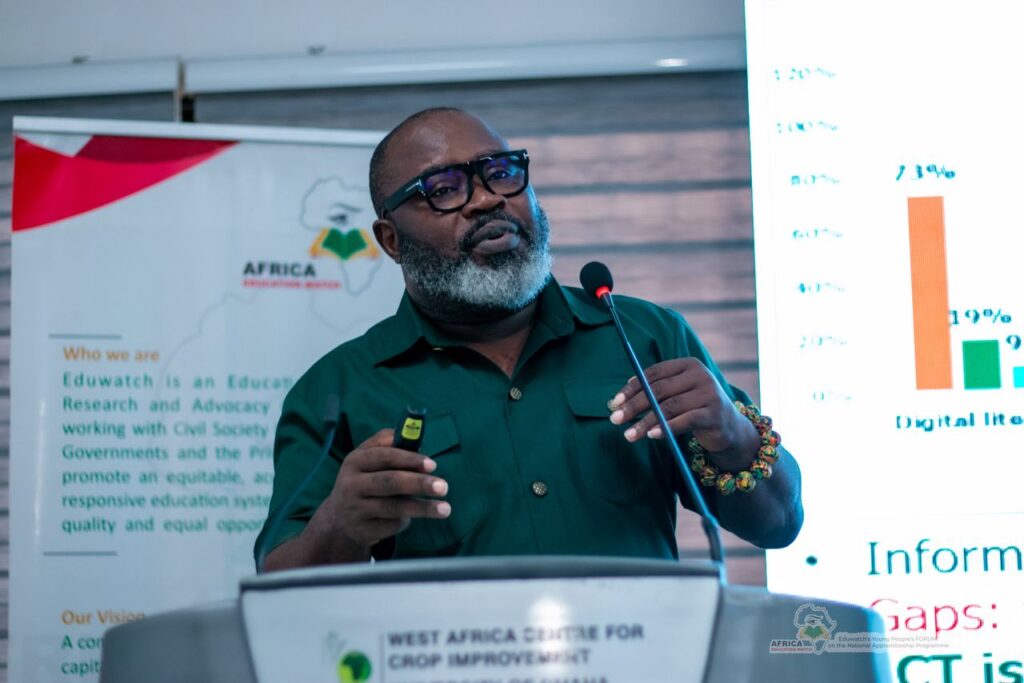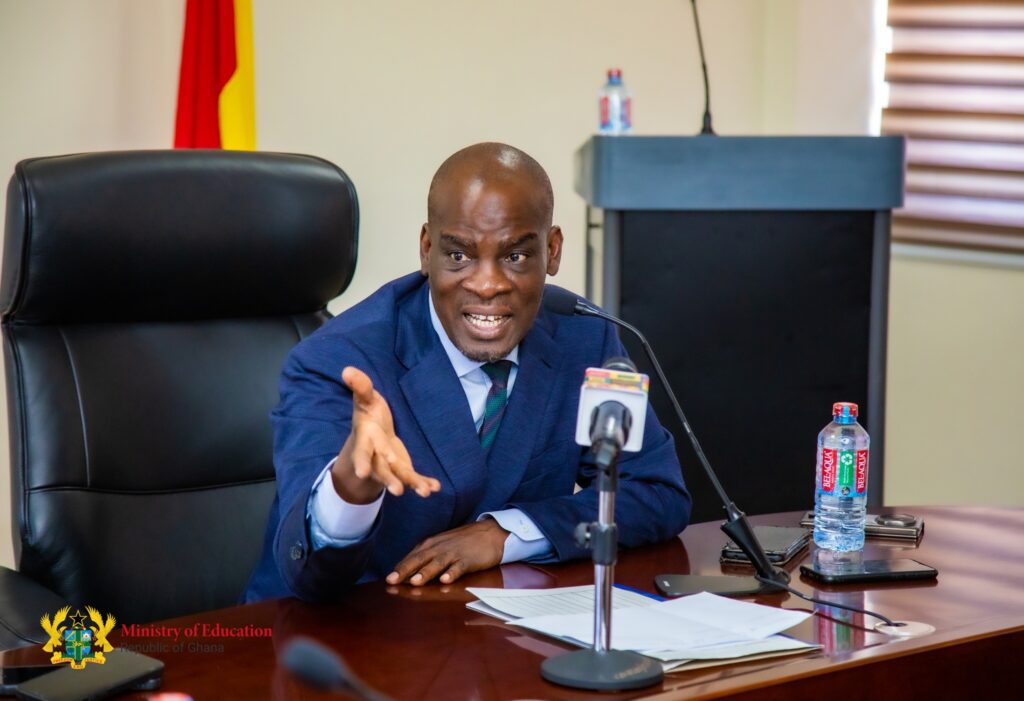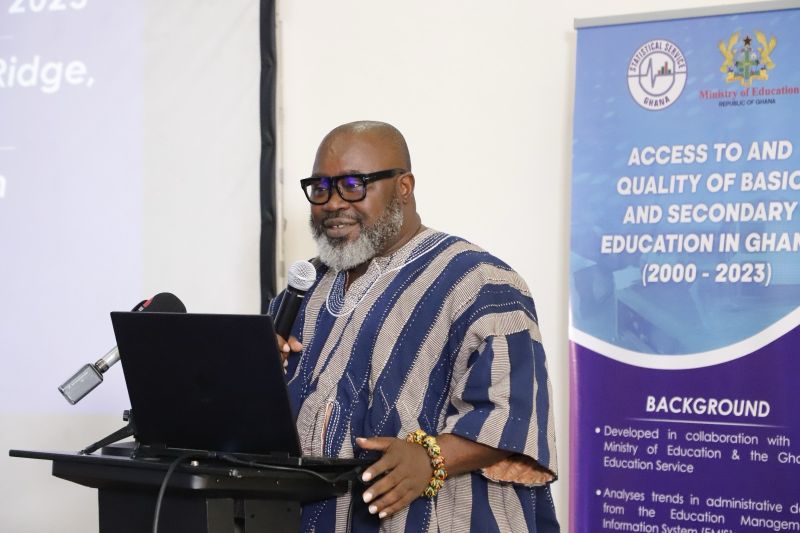The Executive Director of Africa Education Watch, Kofi Asare, has commended the significant improvement in the disbursement of student loans in Ghana, describing it as a long-overdue but welcome development in the country’s higher education financing.
In a public statement reflecting on years of advocacy, Kofi Asare noted that the recent progress made by the Student Loan Trust Fund (SLTF) in disbursing loans in a timely manner represents a turning point for tertiary students, many of whom have previously suffered from chronic delays.
“Over the years, one of our advocacy positions has been an expedited disbursement of student loans. By 2023, delayed releases created arrears spanning up to an academic year (Eduwatch, 2023)”.
Kofi Asare, Executive Director for Africa Education Watch
Kofi Asare explained that this long-standing issue was a focal point in Africa Education Watch’s policy engagements with political stakeholders.
He disclosed that the call for an expedited disbursement of student loans featured strongly in the think-tanks’ manifesto engagement with the NPP and NDC education manifesto committees, as well as its inception meetings with the current Minister for Education, Hon Haruna Iddrisu.

According to him, Eduwatch’s consistent message over the years has been that Ghana’s student loan system must be responsive, predictable, and accessible to ensure equity in tertiary education.
Landmark Improvement
In what he described as a landmark improvement, Kofi Asare noted with satisfaction that in 2025, during the second semester of the academic year, the SLTF successfully disbursed second-semester loans to nearly 20,000 students across both public and private tertiary institutions.
“This is the first time since COVID-19 that we have seen such timely execution,” he stated, underlining the significance of the milestone in a post-pandemic context.
According to Kofi Asare, this achievement is largely due to the financial restructuring that increased the share of the Ghana Education Trust Fund (GETFund) allocated to the Student Loan Trust Fund.
The adjustment has evidently provided SLTF with the liquidity needed to fulfill its obligations to students without the frustrating bottlenecks that previously hampered the system.

The Executive Director emphasized that the success recorded in 2025 should not be treated as an isolated triumph but as a model of reform to be sustained and built upon.
“This is great progress that must be acknowledged and sustained,” he stressed. He urged both government and education sector stakeholders to treat this success as a foundational step toward further reform, rather than an endpoint.
While celebrating the progress, Asare was also quick to highlight the work that remains. Chief among the next priorities, he said, is increasing the actual amount students receive in loans.
Rising costs of tuition, accommodation, and academic materials continue to pose a significant burden on students and their families. According to Kofi Asare, unless loan values are adjusted to reflect these economic realities, access to tertiary education will remain inequitable.
His comments arrive at a time when questions surrounding the affordability of higher education are taking center stage in national discourse. The cost of living and inflationary pressures have placed additional strain on students, and without sufficient financial support mechanisms, many risk dropping out or limiting their academic ambitions.
Consistent Advocacy
Eduwatch has long positioned itself as a key voice in shaping education finance policy in Ghana, combining evidence-based advocacy with active engagement at the highest levels of decision-making.
Through sustained public education and consultations with government actors, the think tank has played a critical role in spotlighting the inefficiencies within the student loan system and proposing viable solutions.

For Kofi Asare, the success of timely disbursement in 2025 proves that reform is not only necessary but also possible when political will aligns with sound financial planning.
He urged continued vigilance and collaboration to ensure that the gains made are not reversed but rather used as a springboard to build a more equitable and efficient tertiary education financing system.
READ ALSO: UN Report Links Rwanda To M23 Presence



















